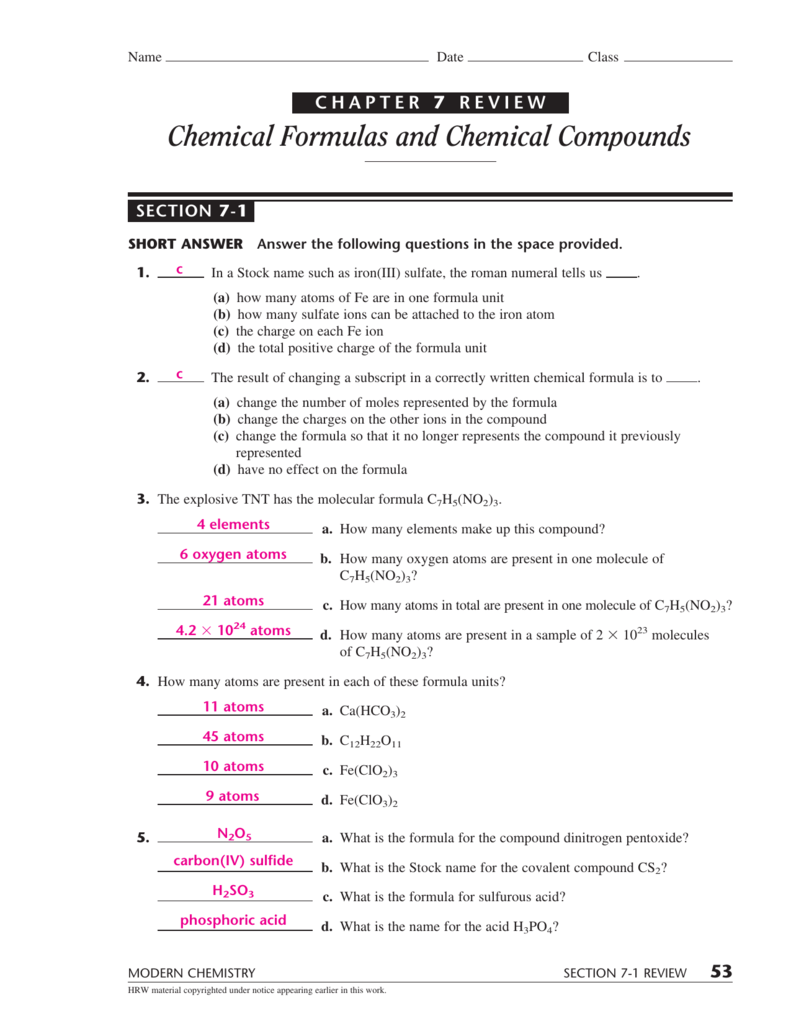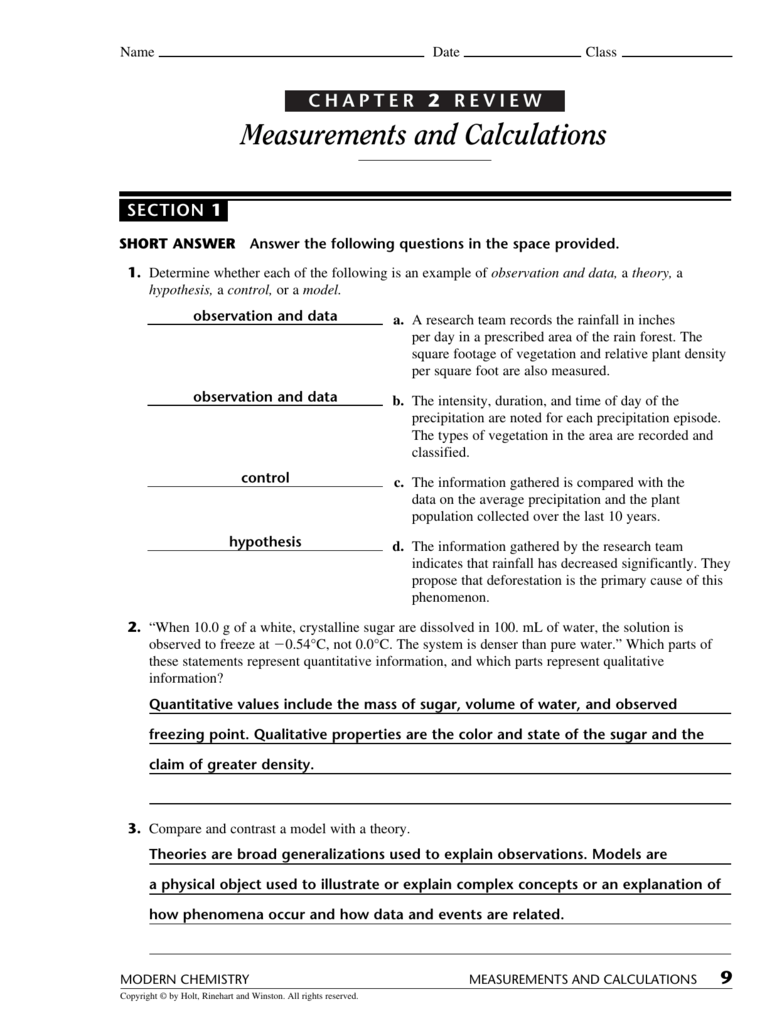Free Download NCERT Solutions for Class 12 Chemistry PDF NCERT Books Solutions for Class 12 (+2 PUC) Chemistry. NCERT Books & Solutions, Assignments, Sample Papers, Notes and books for revision are available to download. After completing the chapter, for the preparation of session 2018 – 2019 exam, you are suggested to do the three tests of Level 1, Level 2 and Level 3 and discuss it with your classmates and school teacher for answers. Also download NCERT books solutions of the subjects like Physics, Biology, Maths, Physical education etc.
- Modern Chemistry Chapter 12 Answers
- Chapter 12 Solutions Chemistry
- Modern Chemistry Chapter 12 Solutions
- Chemistry Manual Modern Solutions Chapter 12
NCERT Solutions for Class 12 Chemistry PDF
Chapter 1: The Solid State
Modern Chemistry Chapter 12: Solutions. Chemistry: Solutions Vocabulary. Chapters 13 & 14. Pernia Solutions. OTHER SETS BY THIS CREATOR. Chemistry Unit 2. Chemistry Unit 2:States of Matter. Chemistry Unit 2. Chemistry Unit 1: Thinking Scientifically. Modern Chemistry Chapter 12Solutions – Solute is the substance that is dissolved in a solution..Types of Mixtures • Solutions are homogeneous mixtures of two or more substances in a single phase.Section 1.

Chapter 2: Solutions
Chapter 3: Electrochemistry
Chapter 4: Chemical Kinetics
Chapter 5: Surface Chemistry
Chapter 6: General Principles and Processes of Isolation of Elements
Chapter 7: The p – Block Elements
Chapter 8: The d and f Block Elements
Chapter 9: Coordination Compounds
Chapter 10: Haloalkanes and Haloarenes
Modern Chemistry Chapter 12 Answers
Chapter 11: Alcohols, Phenols and Ethers
Chapter 12: Aldehydes, Ketones and Carboxylic Acids
Chapter 13: Amines
Chapter 12 Solutions Chemistry
Chapter 14: Biomolecules
Modern Chemistry Chapter 12 Solutions
Chapter 15: Polymers
Chapter 16: Chemistry in Everyday Life

RelatedPages
History of Chemistry – Modern Period
Chemistry Manual Modern Solutions Chapter 12
- During 1600 AD – 1800 AD hypothesis and theories were established on the basis of experiments and observations. Many discoveries were made by scientists – Hydrogen by Cavendish, Chlorine by Scheele and Carbon dioxide by Black. In addition to these Davy, Lavoisier, Kekule, Faradey etc. made important contributions.
- Since 1800 AD onward, the great scientists of this era Faraday, Avogadro, Grahm Bell, Becquerel, Curie Couple, Rutherford, Ramsay, de Broglie, C.V. Raman, H.J. Bhabha, Heisenberg, Jagdish Chandra Basu, etc. made important discoveries and inventions in many fields on the basis of which the modern science state could achieve the present state. It would be appropriate to accept all of them as well as wishers of humanity and scientist sages.
- Chemistry in Medicines – Invention and synthesis of new medicines has helped in keeping our bodies healthy and decreasing the mortality rate. We have been protected against the diseases like cholera, malaria and T.B. The pain of surgery has been decreased by antibiotics, antiseptics and anaesthetics. Cancer has been treated by the use of Cobalt – 60 (a radioactive element) in radiotherapy. Extracts, vinegar and alcohol are prepared by fermentation and antibiotics like penicillin, streptomycin and ciprofloxacin have saved our lives from infectious diseases.
- Chemistry in Industry – The articles of use in our daily life are the gifts of industries. Chemicals are used in all the industries like agriculture, animal husbandry, fishery, wood, textile and food industries. Industries are good means of livelihood which strengthen the national economy. From industrial point of view, it is essential to give information regarding few areas like Plastic industry – is used for making buckets, mugs, soap, shoes, ropes etc. based on chemical. Rubber industry, metal and alloy industry, fuel industry, paints and varnish industry, nuclear energy, health and hygiene, etc. are based on different branches of chemistry.